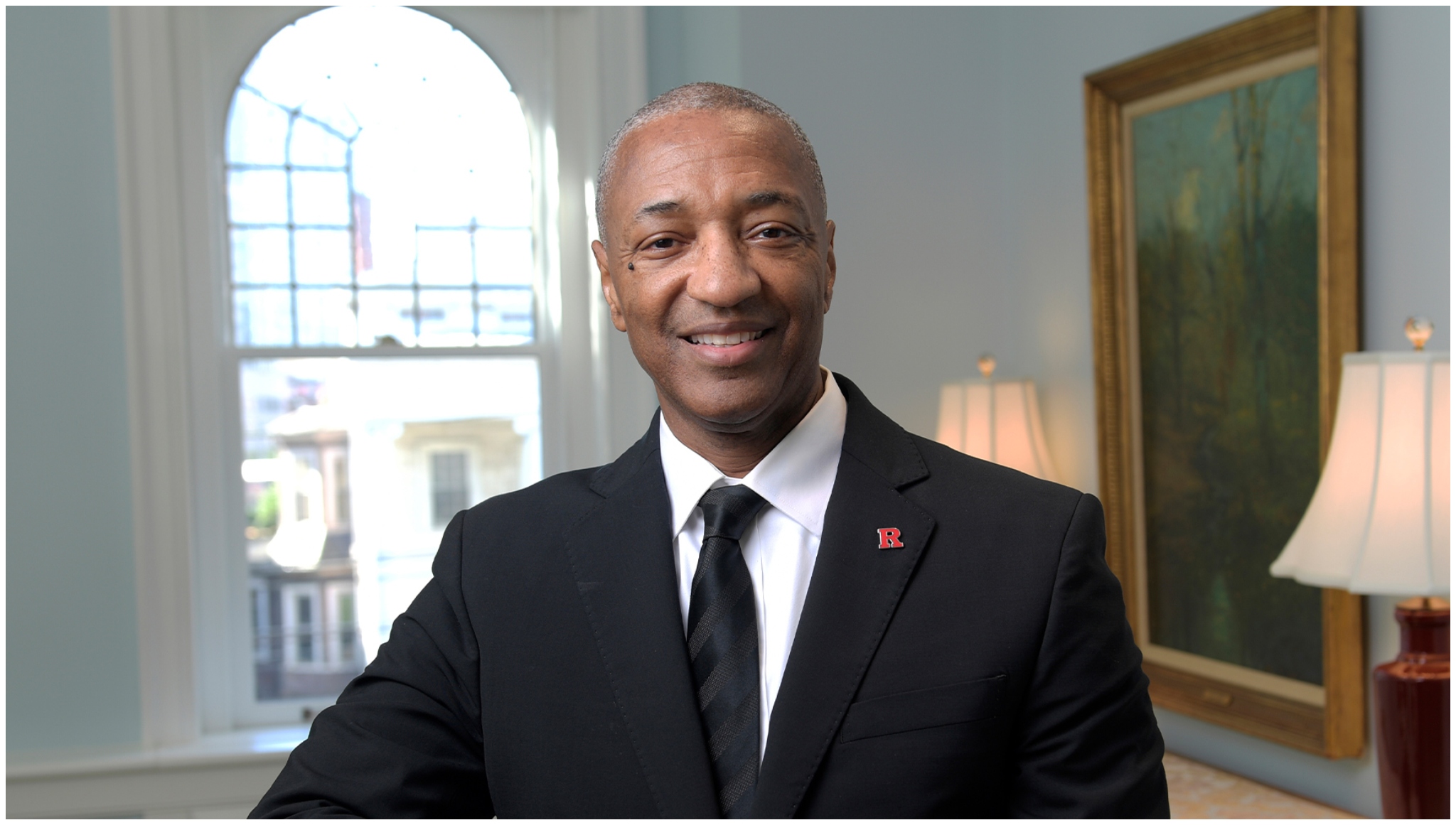William F. Tate IV will become the 22nd president of Rutgers University on July 1, 2025. He steps down from Louisiana State University (LSU), where he made history as LSU’s first Black president. At Rutgers, Tate will be the second African American to lead the university.
William F. Tate IV’s New Role as Rutgers President
Tate’s appointment comes after a distinguished career in higher education. Rutgers serves over 69,000 students across three campuses in New Jersey: New Brunswick–Piscataway, Newark, and Camden. This makes Rutgers one of the largest universities in the country.
Rutgers announced Tate’s selection on May 19, 2025, just days after revealing plans to name a new president. Tate will take over from Jonathan Halloway, who will leave his post this summer.
Success and Leadership at LSU
Before Rutgers, Tate spent four years as LSU’s president. During this time, LSU’s athletics thrived. The LSU Tigers won national championships in baseball (2023), women’s basketball (2023), and gymnastics (2024). The football program also flourished, with the 2023 Heisman Trophy winner Jayden Daniels and five top 10 NFL Draft picks.
LSU also became a leader in Name, Image, and Likeness (NIL) deals, supporting top athletes like gymnast Livvy Dunne and basketball player Flau’jae Johnson. Tate’s leadership helped LSU gain national recognition in both academics and athletics.
Academic Experience and Background
William F. Tate IV is a well-respected social scientist and education leader. He earned his bachelor’s degree from Northern Illinois University, his master’s from the University of Texas at Dallas, and his Ph.D. from the University of Maryland.
Before his presidency at LSU, Tate was the provost at the University of South Carolina. There, he oversaw academics for 13 schools and colleges, including two medical schools. His broad experience prepares him well for leading Rutgers.
Challenges and Opportunities at Rutgers
Tate takes the helm at Rutgers during a complex time. His appointment follows the cancellation of an HBCU conference at Rutgers, a move tied to the political climate around diversity and inclusion efforts.
Despite challenges, Tate remains optimistic. His proven leadership and commitment to education signal a positive future for Rutgers. Students, faculty, and staff look forward to his guidance.





